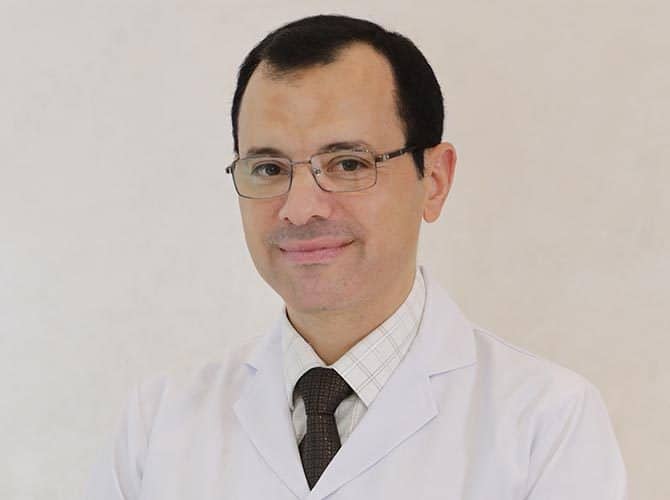Chest Pain in Young Adults – Early Signs of Risk
Chest Pain in Young Adults – Early Signs of Risk
Symptoms in Younger Populations for Early Diagnosis and Peace of Mind

At KidsHeart Medical Center, we take chest pain in young adults seriously — even when the cause isn’t clear right away.
While chest discomfort is often dismissed in younger people as anxiety, acid reflux, or muscular strain, it’s important to rule out cardiac causes early, especially in individuals with risk factors or a family history of heart disease.
Our approach combines careful assessment, quick diagnostics, and reassurance, giving you clarity and a path forward.
This service is part of our Adult Cardiology Program and is available across Dubai, Abu Dhabi, and Al Ain.

Why Chest Pain Matters — Even at a Young Age
Although heart attacks are rare in young adults, early signs of cardiovascular risk often appear in this group — Many of the underlying risk factors — such as elevated cholesterol, early hypertension, prediabetes, and diabetes — often show no symptoms in their early stages. This makes it crucial to investigate chest pain even when the person feels otherwise healthy.
Ignoring symptoms can delay the diagnosis of:
- Electrical heart disorders (e.g., arrhythmias)
- Myocarditis or pericarditis (inflammation of the heart or its lining)
- Coronary artery anomalies (present from birth)
- Early atherosclerosis in those with genetic or lifestyle risks
- Hypertrophic cardiomyopathy (especially in athletic individuals)
Early attention offers peace of mind — or a chance to intervene before damage occurs.
In fact, studies show that around 40% of individuals in the general population may have cardiovascular risk factors without knowing it — and approximately 70–80% of heart attacks, strokes, or sudden cardiac deaths occur without prior warning signs.
When to Seek Evaluation
If you’re under 40 and experiencing any of the following, a cardiac evaluation is recommended:
- Chest pressure, burning, or tightness during activity or stress
- Sudden sharp pain at rest that doesn’t resolve quickly
- Palpitations, skipped beats, or racing heart sensations
- Dizziness, fainting, or near-fainting episodes
- Shortness of breath or unusual fatigue with mild effort
- A family history of heart disease, sudden cardiac death, or high cholesterol
- Chest pain during or after COVID-19 or other viral illnesses
We provide calm, non-alarmist evaluations with just the right level of urgency and care.
What to Expect at KidsHeart
We begin with a thorough history and symptom discussion — including physical activity, stress, sleep, and family medical background.
Based on our findings, your evaluation may include:
- Electrocardiogram (ECG) to assess rhythm and conduction
- Echocardiogram to evaluate heart structure and pumping function
- Stress testing for exertional symptoms or athlete screening
- Blood tests to check for inflammation, clotting risk, or heart muscle markers
- Holter monitoring to detect intermittent arrhythmias
- Referral for MRI or CT if anatomy concerns or scarring are suspected
You’ll leave with answers — and a plan, whether for treatment or reassurance.
Why Choose KidsHeart?
- Cardiologists experienced in early risk detection and youth-specific symptoms
- Clear, approachable communication — especially for first-time cardiac patients
- Rapid access to diagnostics with minimal wait time
- Thoughtful screening for inherited conditions in families with known cardiac history
- Services across Dubai, Abu Dhabi, and Al Ain — making follow-up simple
We balance urgency with perspective and treat every concern with the attention it deserves.



Early Evaluation Means Better Peace of Mind
At KidsHeart, we give young adults the clarity they need when symptoms arise — with respect, reassurance, and readiness to act when needed.
Frequently Asked Questions (FAQs)
Not always — but it’s still worth evaluating. Many cardiac issues begin silently and are easier to manage when caught early.
Yes — but only after we rule out cardiac causes. Both can coexist, and we help you navigate both sides calmly.
Yes. Conditions like hypertrophic cardiomyopathy or rhythm disorders can affect active young people — sometimes without warning.
All the tests we offer — including ECG, echo, and Holter — are non-invasive and appropriate for younger patients.
Not necessarily. If your heart is healthy, we’ll clear you. If not, we’ll guide you on safe exercise levels and next steps.
